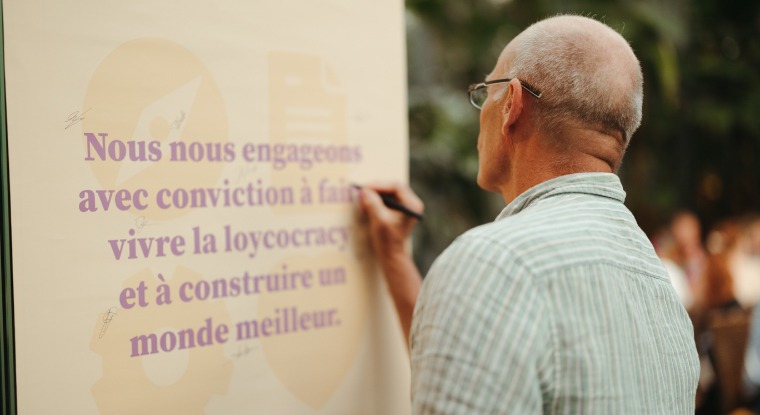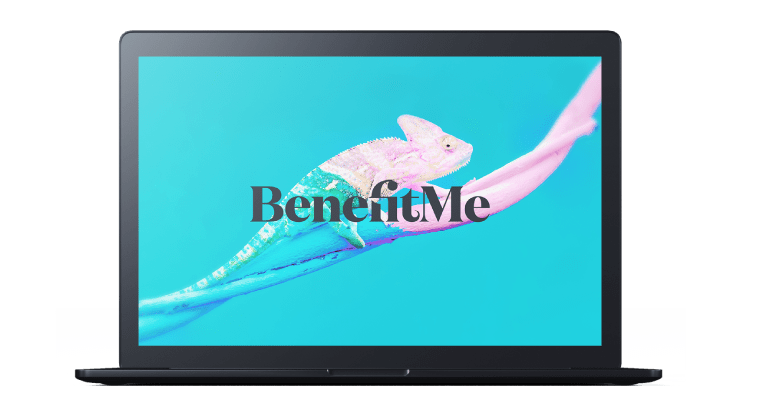
Secure medical certificates in France: what’s at stake for Swiss employers?
To combat fraud, France has made a new secure medical certificate compulsory since September 2025. But in Switzerland, what can we do about our neighbors’ tougher rules? Questions arise, particularly for cross-border employees. Our partner CJE, Avocats, Conseillers d’Entreprises, deciphers the issues at stake and the options available to employers.
In France, the falsification of paper medical certificates is becoming increasingly common. Due to the sale of falsified medical certificates on social networks and the internet, fraud reached new heights in 2024.
To combat this phenomenon, new forms that are “difficult to falsify and more secure” were put into circulation in July 2025. Like banknotes, these new anti-fraud certificates bear seven identification dots.
After a period of tolerance, these new forms have been mandatory in France since September 1, 2025.
In Switzerland, the average number of days of absence for full-time employees rose from 7.6 to 8.5 between 2023 and 2024. There are no statistics on false work stoppages, so it is not possible to know what proportion they represent. However, fraudulent stoppages do not appear to be a major, widespread problem in Switzerland.
The burden of proving the existence of an inability to work lies with the employee. Swiss law does not prescribe how incapacity for work is to be proven. In general, if it is due to illness, the worker must produce a medical certificate.
The probative value of the medical certificate is presumed and generally accepted.
a. The issuer of the false medical certificate
As a medical certificate is a document of title in the legal sense, falsifying it is automatically prosecuted, and anyone who issues a false medical certificate runs the risk of being convicted of forgery.
b. The beneficiary of the false medical certificate
In addition to the penal consequences mentioned above, any employee who presents a false certificate loses all entitlement to benefits and may even be excluded from the insurance contract.
According to the principle of territoriality of laws, the French legal framework does not entail any obligation in Switzerland. Consequently, the new French forms, while mandatory in France, are not mandatory in Switzerland.
Can employers require their employees to use the new secure French forms?
The new medical certificate procedure was introduced in France because of fraud and abuse. Whether employees work in France or Switzerland, the risk seems to us to be the same. Waiving the requirement for a new medical certificate would make it easier for employees to commit fraud or abuse than if they worked in France. As French workers are subject to these new rules when they work in France, it seems reasonable to us that Swiss employers should have the same requirements.
However, employees must be expressly informed that secure medical certificates are the only way for employers to refuse “paper” medical certificates. It is up to the employer to decide how to communicate this requirement to employees.
In Switzerland, medical certificates of convenience seem to be of greater concern to employers than false certificates. These are medical certificates issued without being justified by the patient’s state of health. By invoking certain health problems, such as stress, sleep disorders, conflicts at work and pain, it seems to be relatively easy to obtain a medical certificate for up to several weeks.
Where applicable, employers will be required to inform their employees if and when they will only recognize secure medical certificates drawn up by a French doctor.
This obligation will apply to both cross-border workers and workers domiciled in Switzerland who seek medical advice in France, for example during their vacations.
Do you have any questions? Contact our partner CJE, Avocats, Conseillers d’Entreprises
Read all our legal news here

















